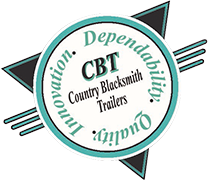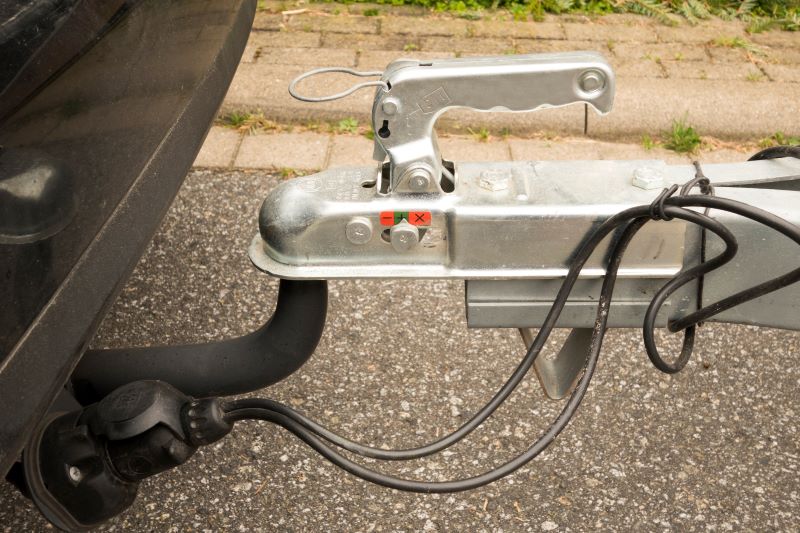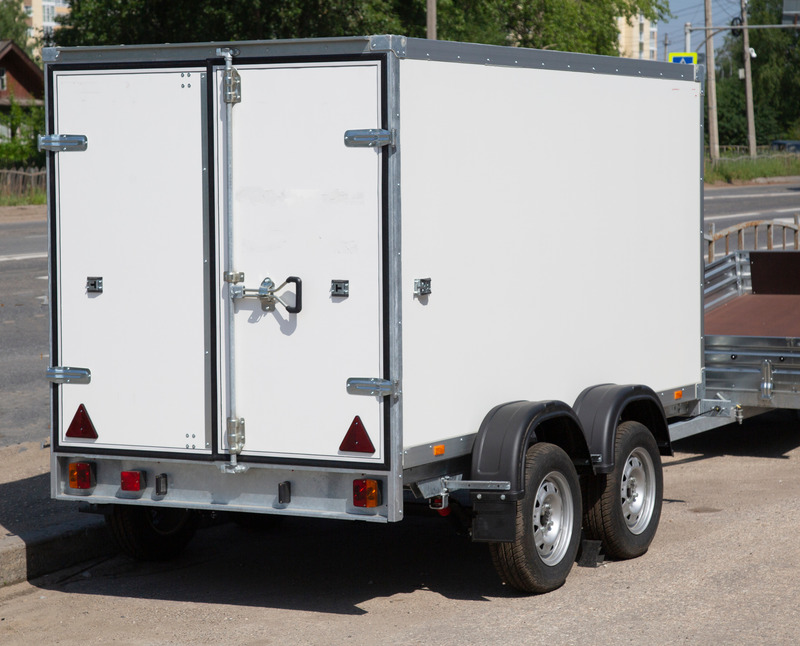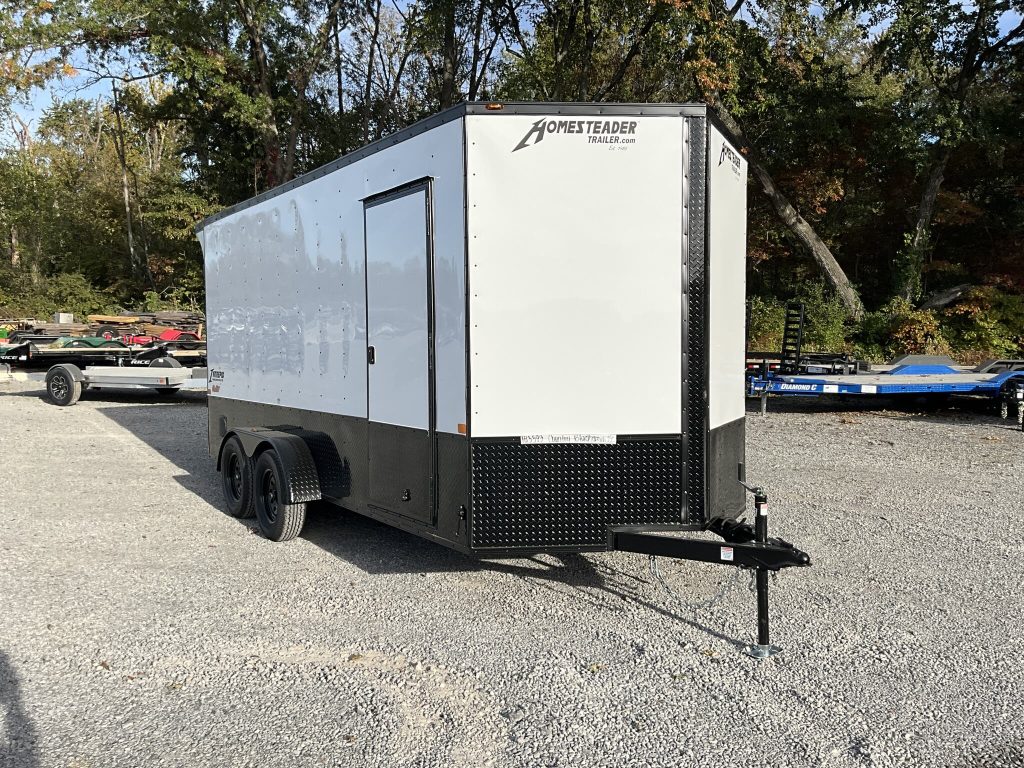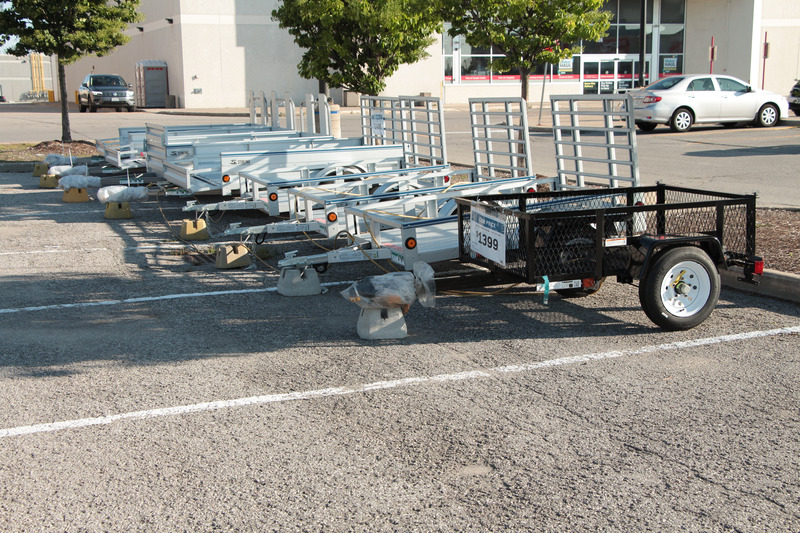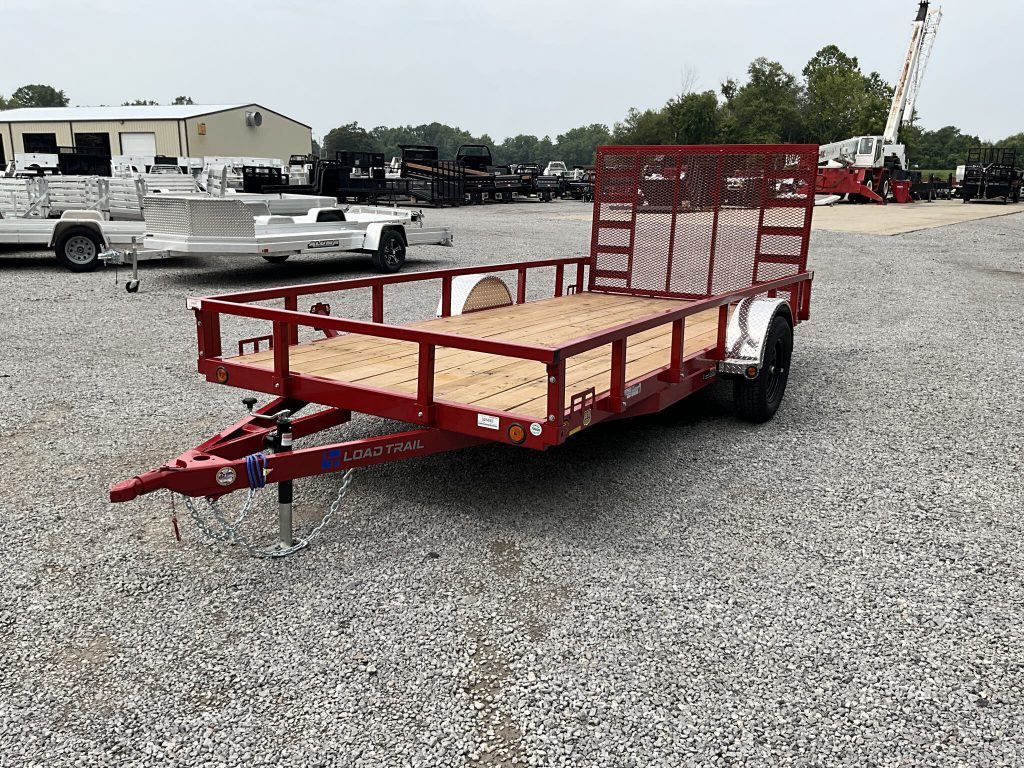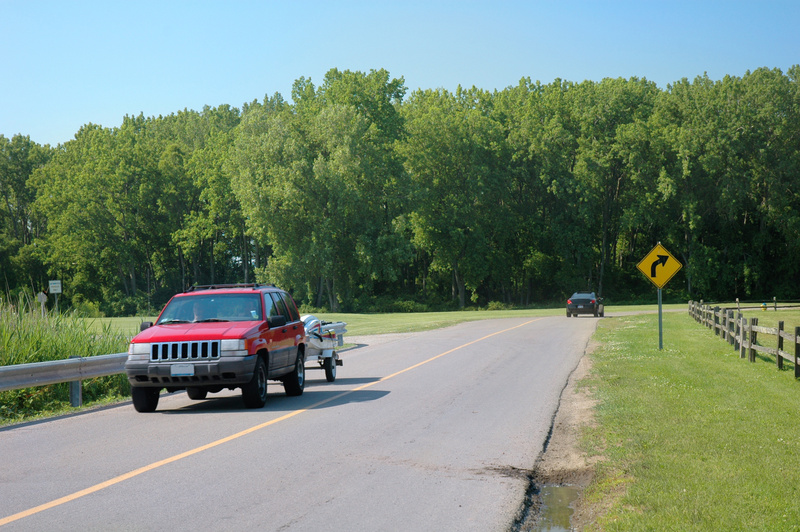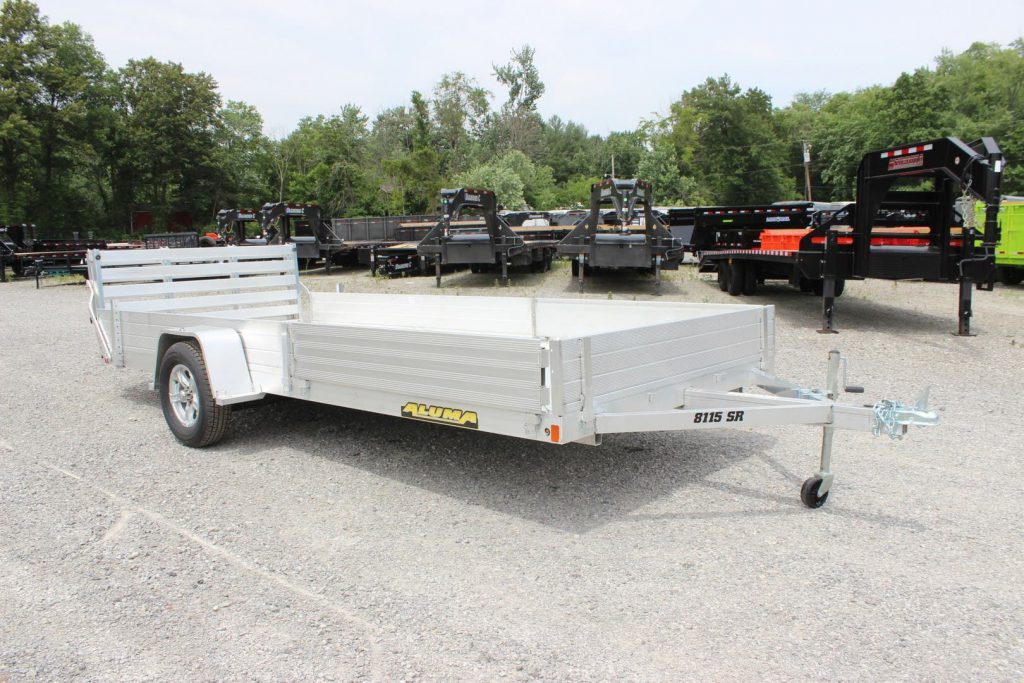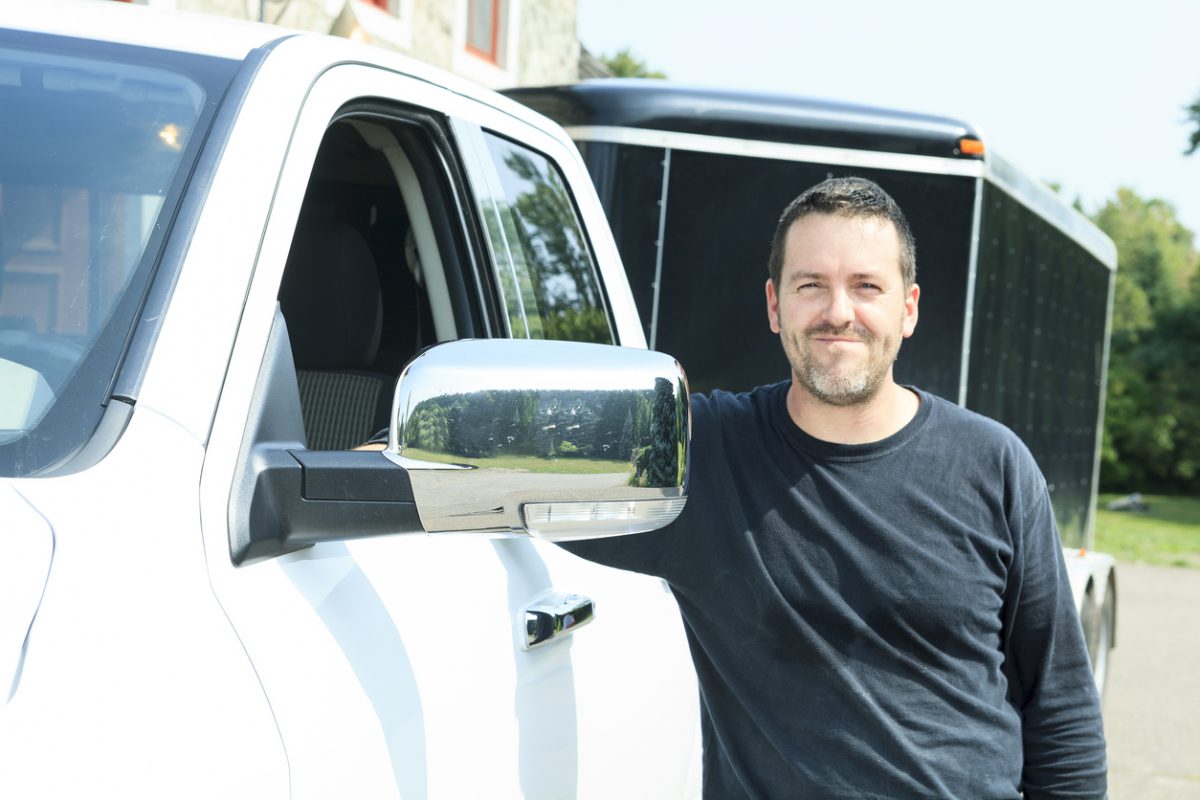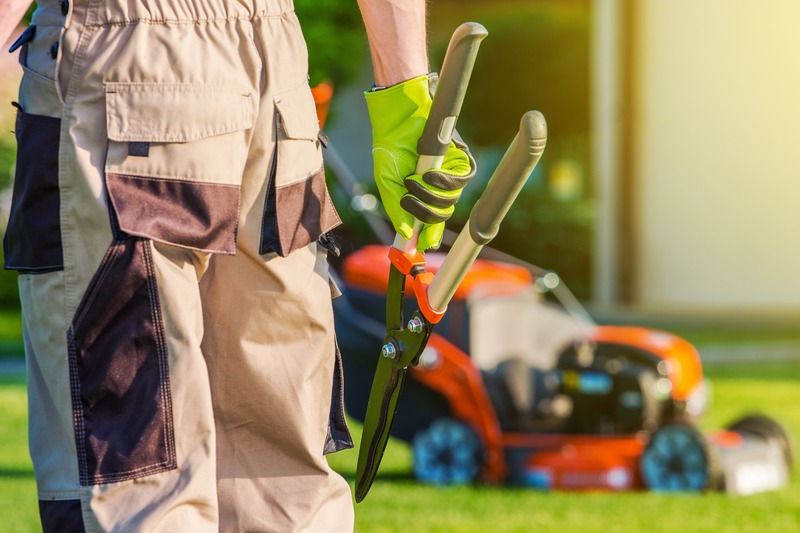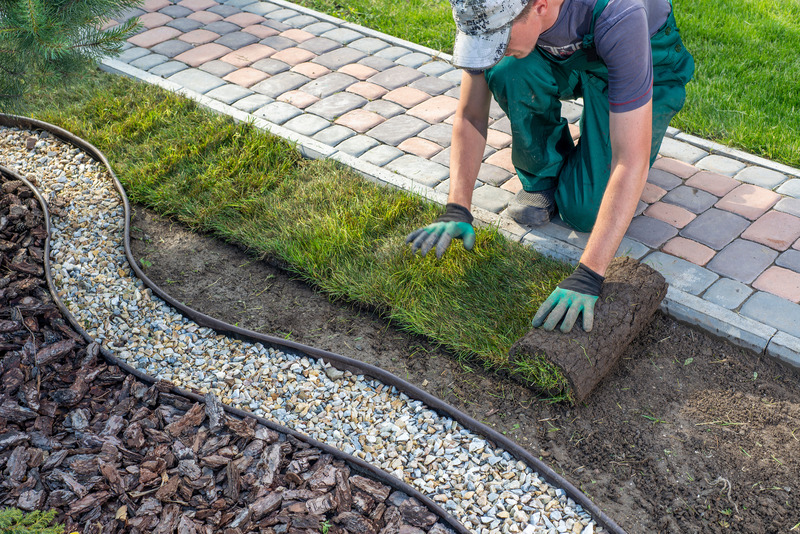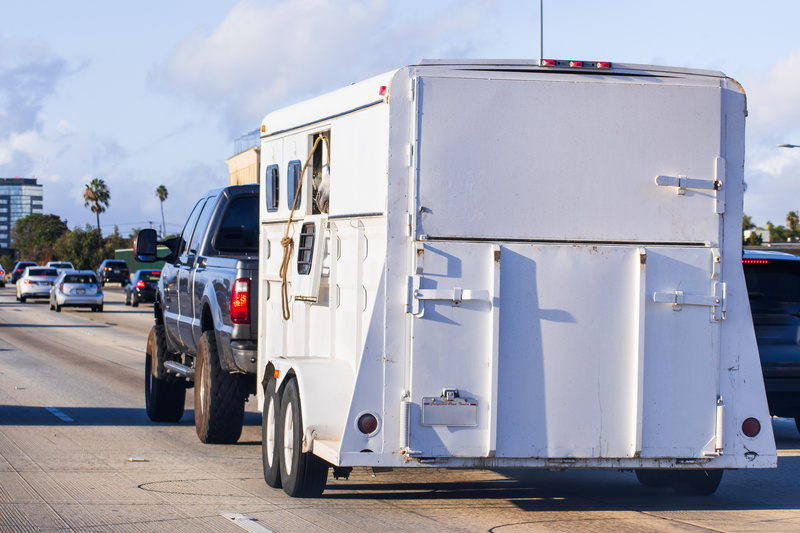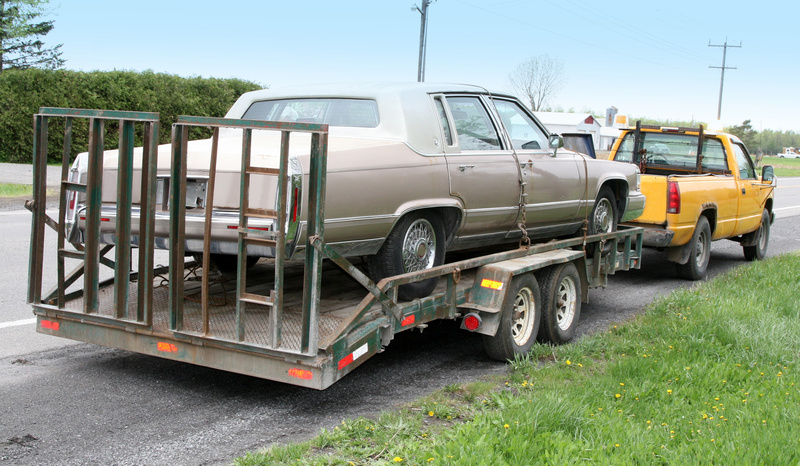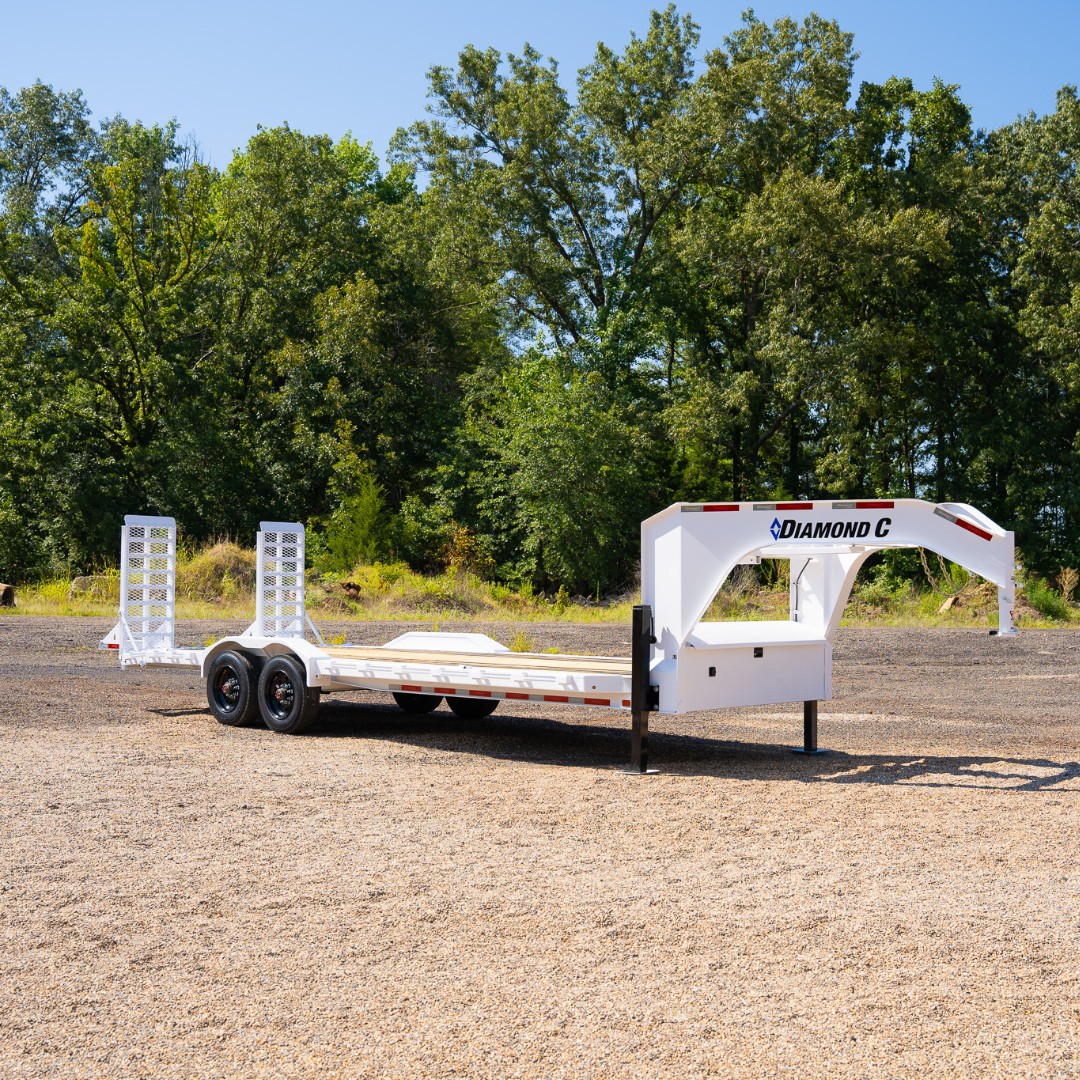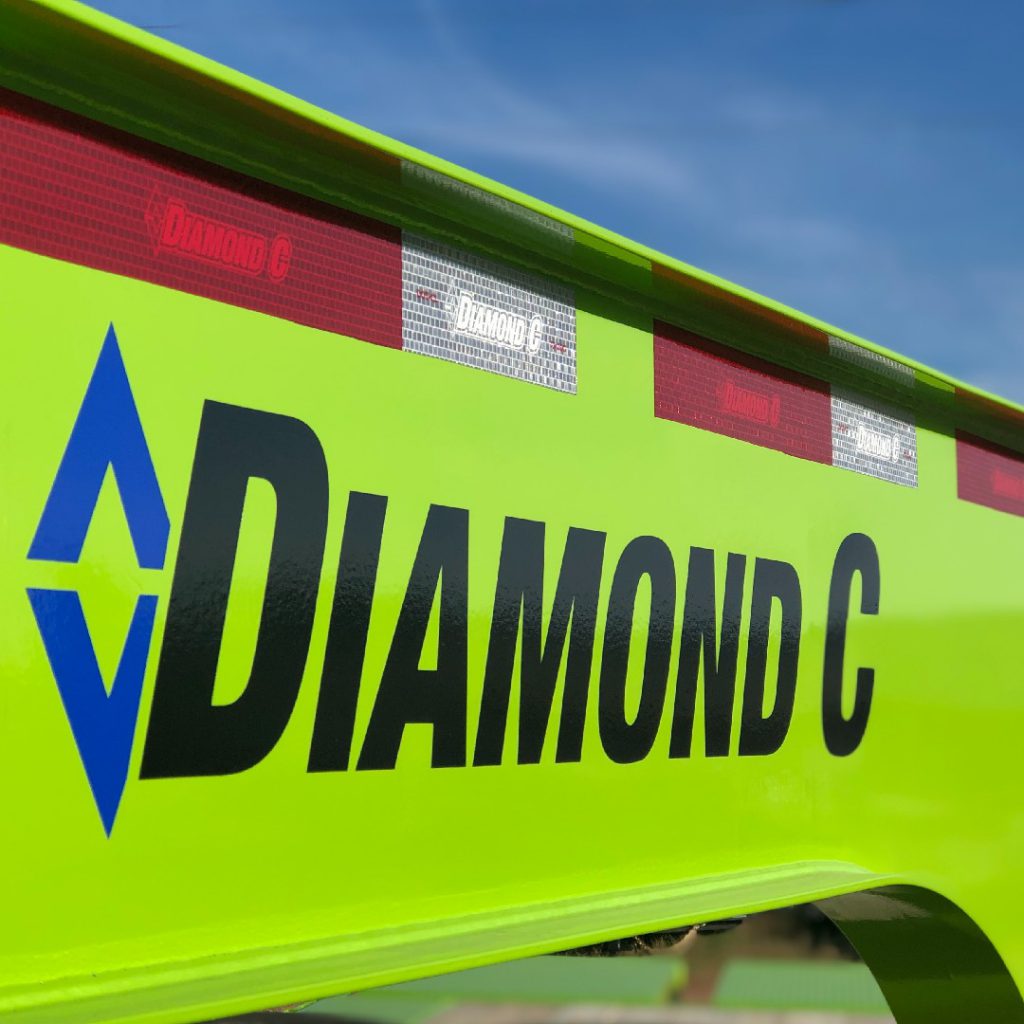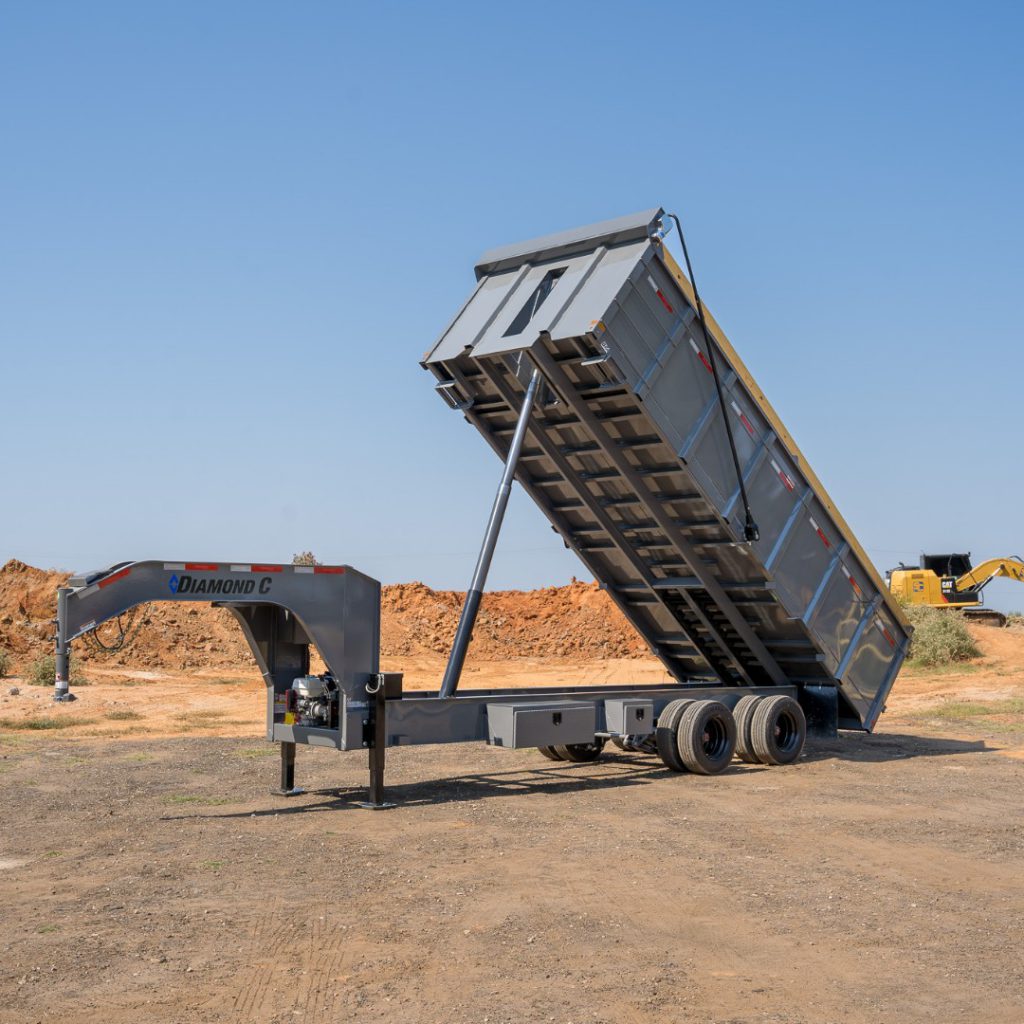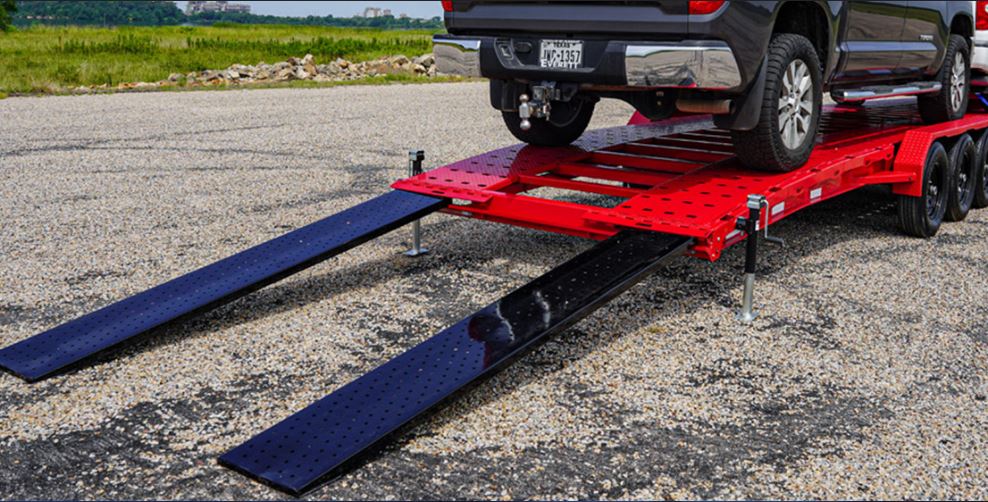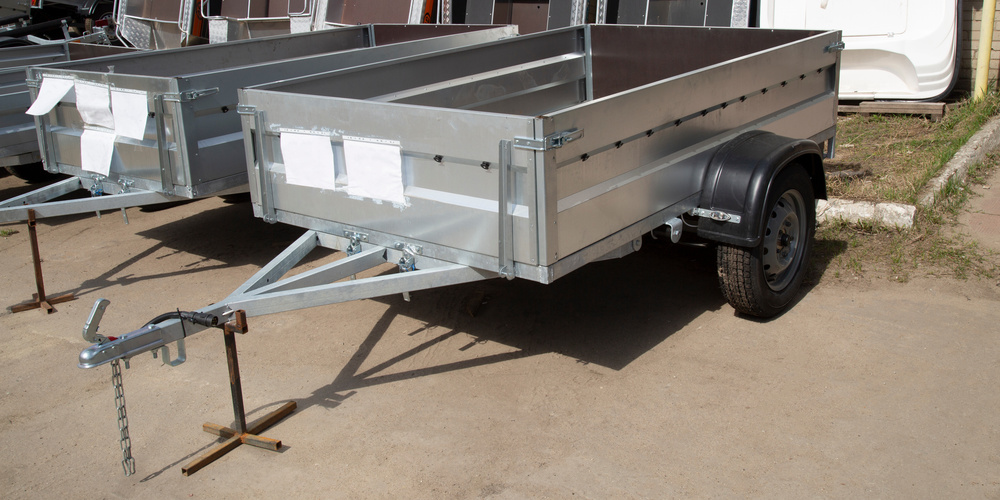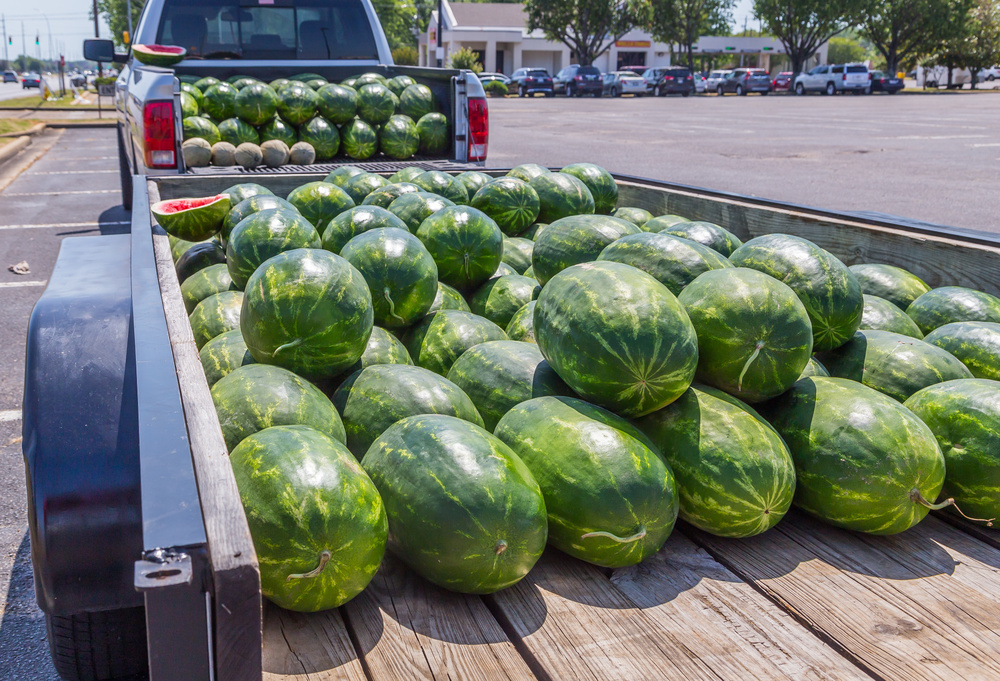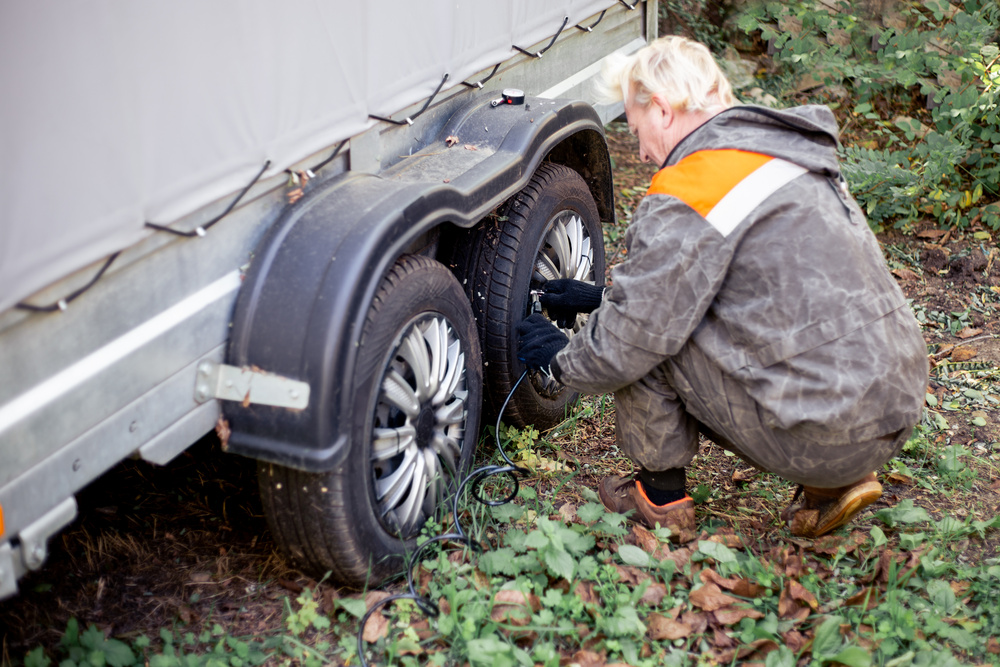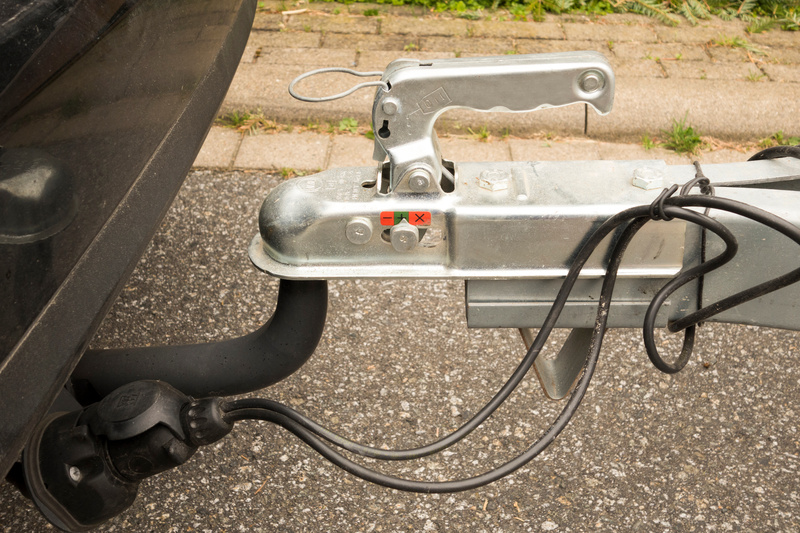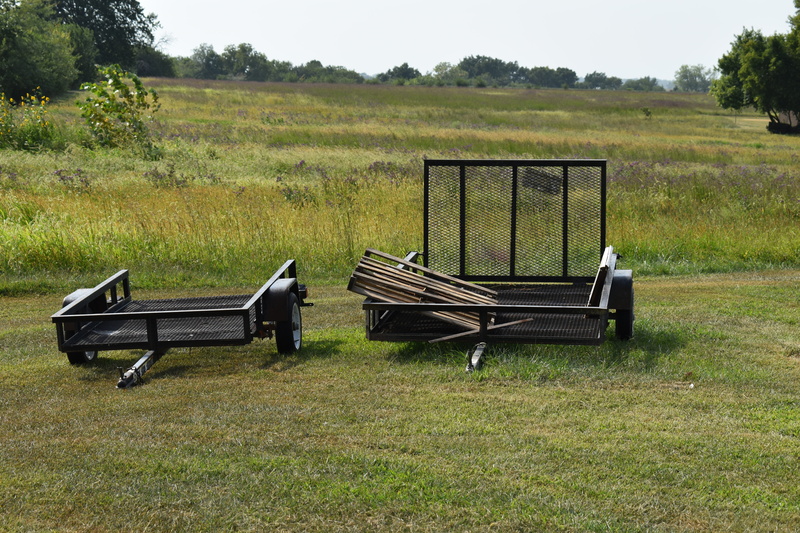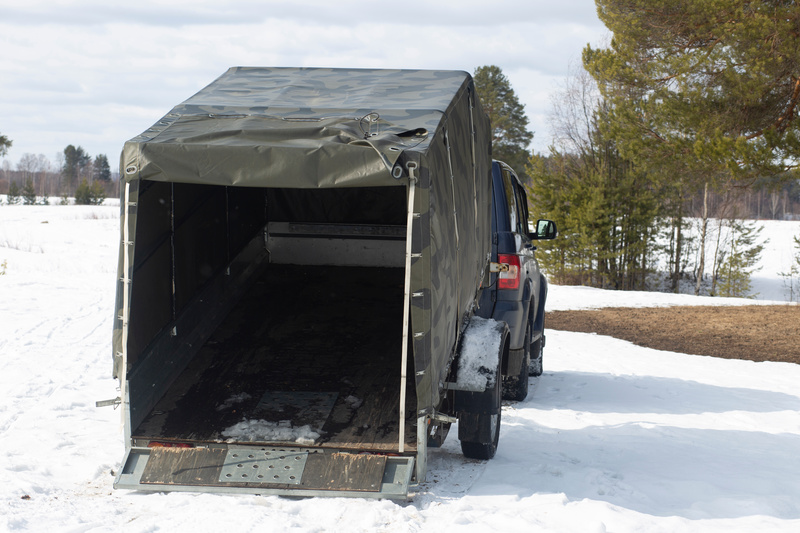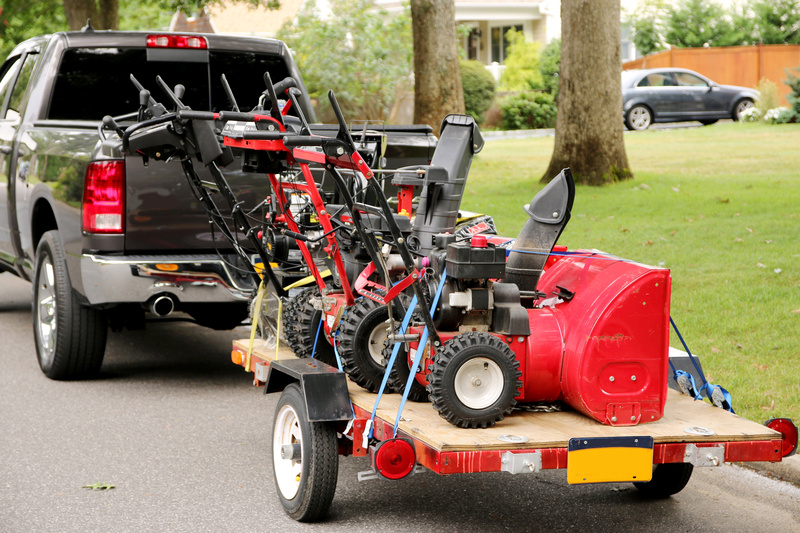A Complete Guide to Truck Trailer Wiring: Installation, Maintenance, and Repairs
Truck trailer wiring is an essential part of ensuring your trailer’s safety and functionality on the road. It allows the lights, brakes, and other electrical components of your trailer to communicate with your truck, ensuring smooth operation. At Country Blacksmith Trailer Sales, our service department is here to help with trailer wiring installations, repairs, and diagnostics so you can tow confidently. We’ll also explain the basics of truck trailer wiring, why it’s important, and answer common questions about installation, fitting, and troubleshooting.
Why Is Truck Trailer Wiring Important?
Proper truck trailer wiring is crucial because it ensures the trailer’s lights and brakes function as intended. This includes:
- Taillights and Turn Signals: Essential for safe driving and required by law.
- Trailer Brakes: Vital for stopping heavier loads safely.
- Auxiliary Power: For trailers with additional features like interior lighting or refrigeration
Without correctly installed wiring, you could face safety hazards, legal fines, and potential damage to your trailer or truck.
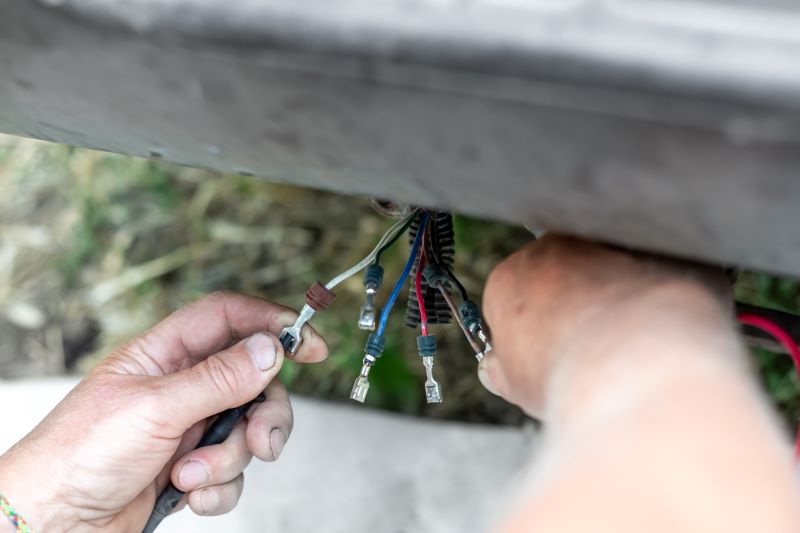
Common Questions About Truck Trailer Wiring
How to Install Trailer Light Wiring on a Truck?
Installing trailer light wiring involves connecting your truck’s electrical system to the trailer’s lighting system. Here’s a basic overview:
- Purchase a Trailer Wiring Harness: Choose a harness compatible with your truck’s make and model.
- Locate the Wiring Connector: Most modern trucks have a pre-installed connector near the rear bumper.
- Connect the Wiring Harness: Plug the harness into the truck’s connector. For older trucks, you may need to splice wires into the taillight circuit.
- Secure the Wiring: Zip ties can be used to secure the wiring along the frame to prevent it from hanging or getting damaged.
- Test the Lights: Use a tester or connect the trailer to ensure all lights work correctly.
If this process seems daunting, our service department can handle the entire installation for you. Just call ahead or contact us online to schedule your appointment!
How to Fit a Truck Trailer Wiring Harness?
Fitting a trailer wiring harness is straightforward if you have a compatible harness for your truck. Here’s how:
- Choose the Right Harness: Make sure it matches your truck and trailer’s electrical systems (e.g., 4-pin, 5-pin, 7-pin).
- Plug-and-Play or Hardwired: Plug-and-play harnesses are easier to install, while hardwired systems require splicing into your truck’s wiring.
- Mount the Connector: Attach the connector to your truck’s hitch area using brackets or mounting hardware.
- Check for Damage: Inspect all wiring for wear or damage before installation.
Our team can assist with fitting harnesses and ensuring a clean, professional installation.
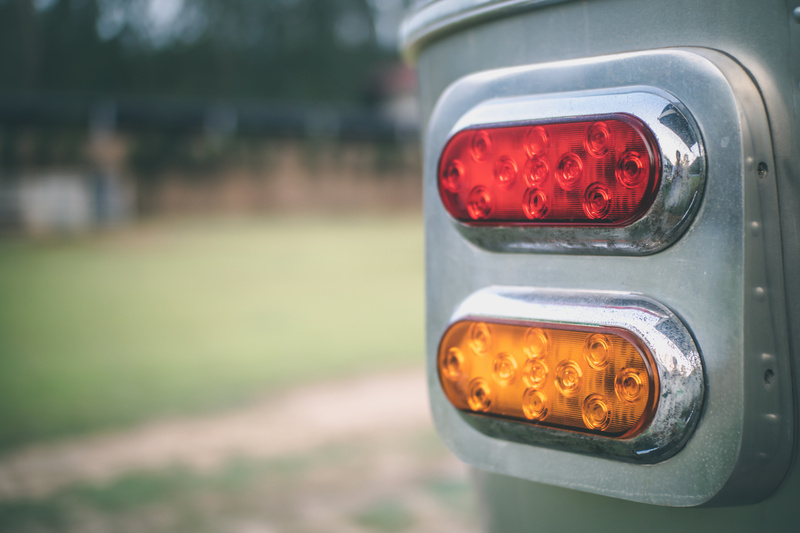
How to Test Truck Trailer Wiring?
Testing your truck trailer wiring ensures everything is functioning properly before hitting the road. Here’s how:
- Use a Trailer Light Tester: Plug the tester into your truck’s connector to check if the signals and lights are working.
- Check the Trailer: Plug the trailer into the truck and have someone check the lights and brakes while you activate them.
- Inspect the Wiring: Look for loose connections, corrosion or damaged wires that may cause issues.
If you encounter any problems, bring your truck and trailer to Country Blacksmith Trailer Sales, and we’ll diagnose and fix the issue.
Why Does My Truck Say “Check Trailer Brake Wiring”?
This message appears when there’s an issue with the trailer’s brake wiring. Common causes include:
- Corroded Connections: Moisture can corrode the wiring connections.
- Damaged Wires: Wires may get pinched, cut or frayed.
- Faulty Brake Controller: The truck’s brake controller may not be functioning correctly.
- Loose Connections: Ensure all plugs and wiring are securely connected.
To resolve the issue:
- Inspect All Wiring: Look for visible damage or loose connections.
- Clean Connectors: Use contact cleaner to remove corrosion from plugs.
- Visit a Professional: If the issue persists, let our service technicians diagnose and fix the problem.
Why Choose Country Blacksmith Trailer Sales for Wiring Services?
Our experienced technicians can install new wiring and connections or repair and replace damaged or corroded wiring. We can also diagnose and fix issues like faulty brake controllers or warning messages. Our team uses high-quality parts to ensure your trailer wiring is reliable and durable. Whether you’re installing wiring for the first time or need repairs, we’ve got you covered.
Trailer Service and Sales in Illinois
Proper truck trailer wiring is essential for safe towing, and addressing issues quickly can save you time and money. If you’re unsure about any part of the process, don’t hesitate to visit Country Blacksmith Trailer Sales. Our service department is here to make sure your trailer is road-ready, so you can tow with peace of mind. We also have a full lot with a variety of trailers, truck service bodies and more.
Need help with your truck trailer wiring? Contact us today to schedule an appointment or stop by our dealership!
